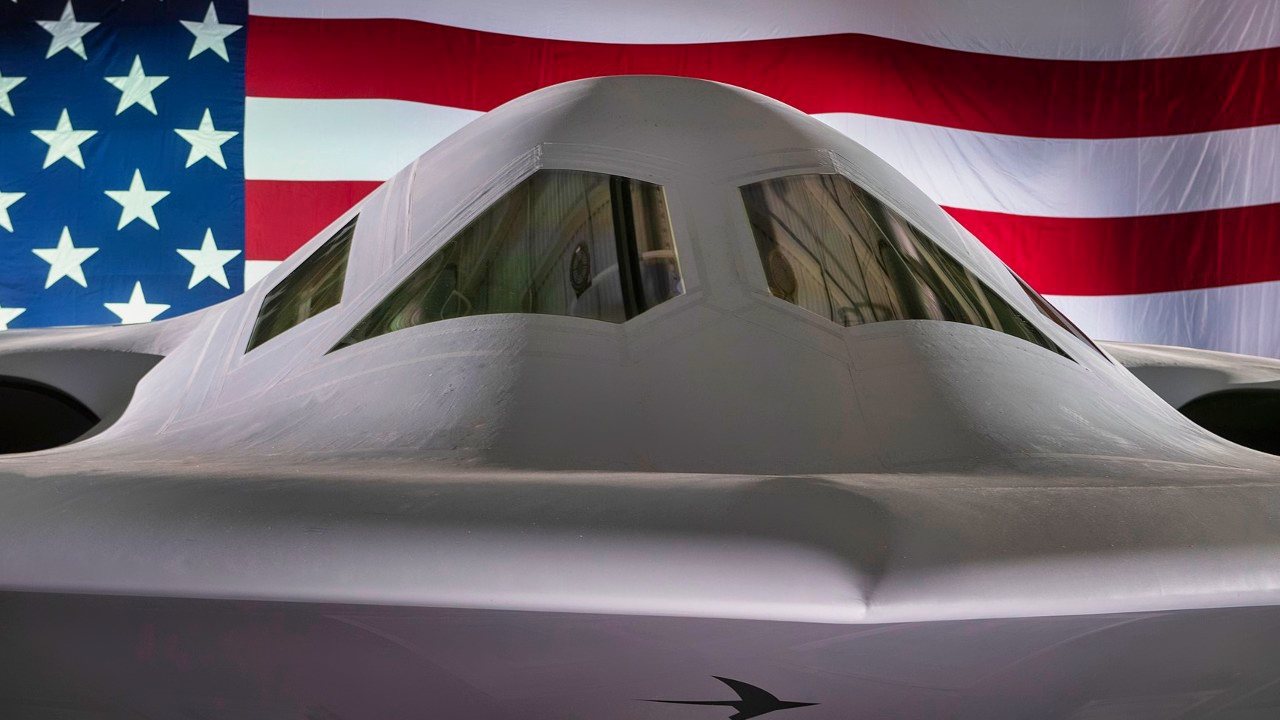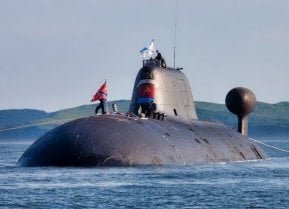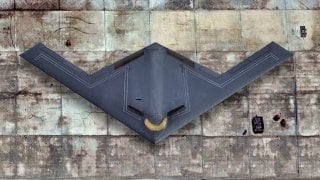The U.S. Air Force's B-21 Raider Bomber Nightmare Has Just Begun
The B-21 Raider, Northrop Grumman's next-generation stealth bomber, encountered a significant cost overrun of nearly $1.6 billion in the fourth quarter of 2023, primarily due to rising production costs and macroeconomic disruptions.
Summary: The B-21 Raider, Northrop Grumman's next-generation stealth bomber, encountered a significant cost overrun of nearly $1.6 billion in the fourth quarter of 2023, primarily due to rising production costs and macroeconomic disruptions.
-Critics argue this challenges the program's value, especially with the increasing role of drones in warfare. However, the B-21 is intended to replace the aging B-2 Spirit, whose stealth capabilities are becoming less effective against modern detection technologies.
-The B-21 aims to enhance the U.S. nuclear triad and bomber fleet with improved stealth, flexibility, and reusability, maintaining strategic military advantage in an evolving global security landscape.
Is the B-21 Raider Worth Its Price Tag Amid Drone Warfare Advances
The B-21 Raider stealth bomber has yet to enter production and has mostly avoided controversy. But it experienced a cost overrun in the fourth quarter of 2023.
“Northrop Grumman reported a nearly $1.6 billion pre-tax charge on the B-21 Raider program in the last quarter of 2023,” Defense News reported. “The charge was mainly caused by higher-than-expected production costs and macroeconomic disruptions, company officials said in an earnings call with investors Thursday.”
Naturally, the cost overrun has opened the door for criticism. It offers citable evidence for those who believe the B-21 program is not worth the expense, especially given the predicted rise of drone warfare.
B-21 Raider Money Challenge
The United States is the only country in the world with an operational stealth bomber, the B-2 Spirit. So why replace an aircraft that is already without peer? Well, the B-2’s stealth technology lags behind advances in detection technology, meaning the aircraft is not quite as stealthy as it once was.
The loss of stealth dampens its ability to perform its primary functions: deep-penetration bombing and nuclear deterrence.
The stealth bomber plays an important role in the nuclear triad and in the U.S. bomber rotation. Even with the advent of missile technology, the bomber has unique capabilities.
First, the stealth bomber offers a manned option. Whereas missiles are launched and essentially forgotten, the bomber has a human onboard that can make real-time decisions as the mission unfolds. It is more flexible and adaptable than a missile. Second, a bomber offers loitering time. A missile launches directly toward its target, kamikaze-style, but a bomber may sustain its presence around the target, extending the targeting window. Finally, a bomber is reusable. A missile is of course a one-and-done weapon. A bomber can be used for decades.
Stealth enhances a bomber’s effectiveness by providing ambiguity and extending the fog of war. It is hard to defend against. So, stealth bomber capabilities are strategically valuable. The question of whether the B-21 is worth the investment really comes down to policy preferences.

The U.S. military is better off with stealth bombers. But how good do we need the U.S. military to be?
Could Drones Get the Job Done?
As written above, bombers offer a manned option. Drones of course would negate the manned benefit of a nuclear-equipped bomber. Granted, many drones are remotely manned, like the entire fleet of Remote Piloted Aircraft in the U.S. Air Force inventory.
But the use of true drones – autonomous aircraft with an artificial intelligence operating system – to run nuclear deterrence missions is unsettling. James Cameron made a film series about something like that, called Terminator. You should check it out if you haven’t already.
And while Terminator is fiction, there’s a word of caution in the narrative that bears respecting.
About the Author: Harrison Kass
Harrison Kass is a defense and national security writer with over 1,000 total pieces on issues involving global affairs. An attorney, pilot, guitarist, and minor pro hockey player, Harrison joined the US Air Force as a Pilot Trainee but was medically discharged. Harrison holds a BA from Lake Forest College, a JD from the University of Oregon, and an MA from New York University. Harrison listens to Dokken.
All images are Creative Commons.


